[ad_1]
Tensions and instability in the Middle East will continue as long as Israel’s violations of international law in Palestine persist, Qatar’s Amir Sheikh Tamim bin Hamad Al Thani said on Saturday.
“One of the most important sources of tensions and instability will linger unless Israel stops its practices and violations of international law, reflected in building settlements, changing the fabric of Jerusalem, and its continued siege on Gaza,” the amir told the Jeddah Security and Development Summit.
Sheikh Tamim’s remarks were made at the high-profile meeting in Saudi Arabia, attended by leaders of the GCC+3—Jordan, Iraq and Egypt—as well as US President Joe Biden.
Chaired by Saudi Crown Prince Mohammed bin Salman (MbS), the summit aims at tackling issues related to security and developments in addition to their impact on low economically developed countries.
Echoing similar sentiments by other leaders, the amir stressed the need to address the ongoing illegal Israeli occupation of Palestine, describing it as “a just cause” that hoods “symbolic weight” to both the Arab and Muslim world.
“The dangers looming over the Middle East in light of the tense international situation requires finding a just and lasting solution to the Palestinian cause, which is central to the people of our Arab and Muslim world as well as the forces of peace worldwide,” noted the amir.
The Qatari leader slammed Israel’s “politics of force” under which the Zionist state rejects concessions put forward by the Arab world. He renewed the importance of the commitment to the 2002 Arab Peace Initiative.
The initiative was adopted by the GCC and stipulates that member states shall refrain from normalising with Israel until it fully withdraws from lands occupied in 1967. The participating states that have normalised with Israel are Jordan, Egypt, Bahrain, and the UAE.
“It is inappropriate for Arabs to propose settlements while Israel’s role is confined to rejecting them and increasing its intransigence whenever Arabs make concessions. Just like how Israel has a public opinion, we also have a public opinion in the Arab world,” said Sheikh Tamim.
Sheikh Tamim also said he looks forward to the Washington’s effective role in calling for serious negotiations to settle the Palestinian case in accordance with international resolutions and as per the two-state solution.
Regional conflict
The amir’s speech particularly focused on regional conflicts, stressing the need to resolve them through peaceful means.
Commenting on the war in Yemen, Sheikh Tamim expressed his hope in reaching lasting peace in the country. The ceasefire in Yemen came into effect in April, resulting in what several officials described as the most peaceful period the country has witnessed in seven years.
With the war in Syria continuing to claim more lives of civilians while creating more refugees, the amir called for the need to also address the worsening situation in the country.
“As for Syria, it is not plausible to accept the continuation of the terrible injustices to which the Syrian people are subjected. We must all act to reach a political solution in accordance with the Geneva Convention in order to achieve the legitimate aspiration of the Syrian people,” said Sheikh Tamim.
Unlike some Arab states, namely the UAE and Jordan, Qatar refuses to normalise with the Bashar Al Assad regime.
Beyond the region, Sheikh Tamim also called for the need to find a peaceful resolution to the ongoing war in Ukraine, given its rippling impact on the entire world, especially the energy sector.
“We are all aware that crises and wars in any region affect the entire world. The war in Ukraine has direct and indirect victims. This war has contributed to exacerbating an economic crisis that may lead to humanitarian disasters,” said the amir.
The Qatari leader said that his country “will spare no effort” in working with its regional and global partners to also ensure the continuous flow of energy supplies.
Even before the conflict was triggered, Qatar held talks with various European countries to address their energy crises, given their heavy dependence on Russian gas.
Climate change
Climate change is another issue of common concern that was mentioned by world leaders at the opening of the summit. Collectively, all leaders said they look forward to the upcoming Conference of the Parties (COP 27), scheduled to take place in Egypt in November.
“The kingdom has adopted a balanced approach to reach zero carbon emissions, by following the circular carbon economy approach in line with its development plans and enabling its economic diversification,” said MbS.
Nuclear energy was also mentioned in several speeches.
Qatar’s leader renewed his position in “sparing the Gulf region and the Middle East in general of the dangers of nuclear armament while recognising the rights of the countries in the region to use nuclear energy for peaceful purposes”.
“We also stress the need to resolve differences in our region through dialogue based on the respect of the sovereignty of the states, non-interference in their internal affairs, promoting the common interest and participating in shouldering responsibilities,” added Sheikh Tamim.
This came after Biden accused Tehran of “destabilising” the region and accused it of working on obtaining a nuclear weapon.
On the other hand, MbS invited Iran to cooperate with the countries of the region while abiding by the principles of international legitimacy.
[ad_2]


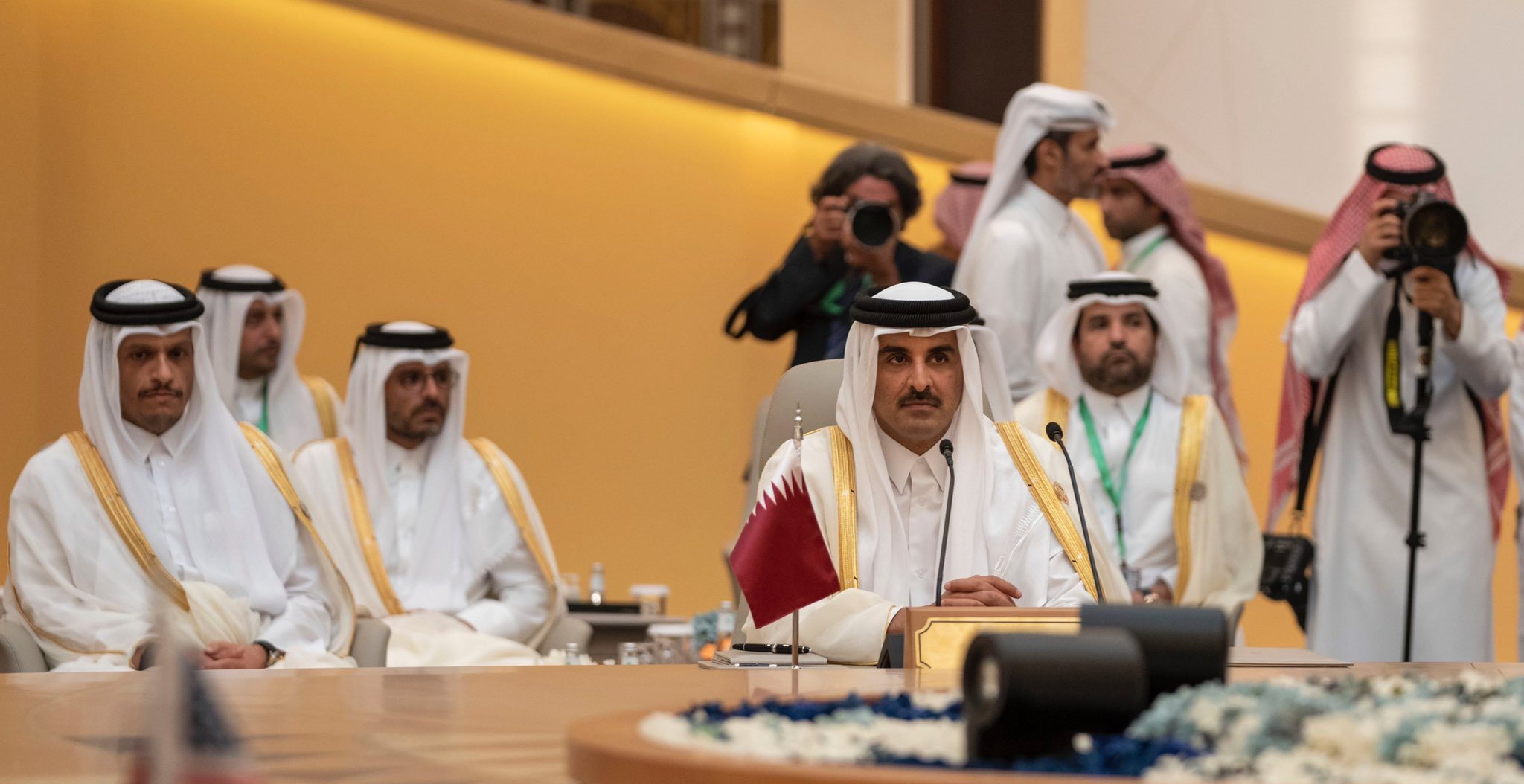
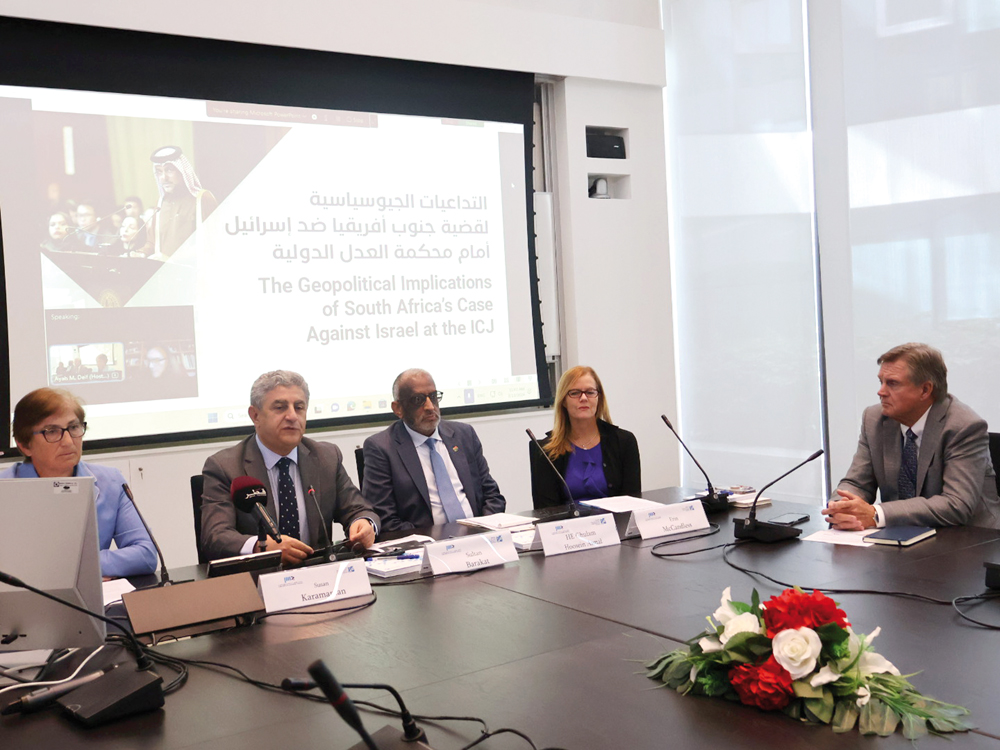
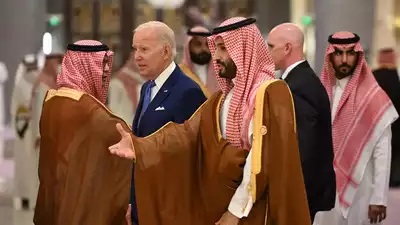
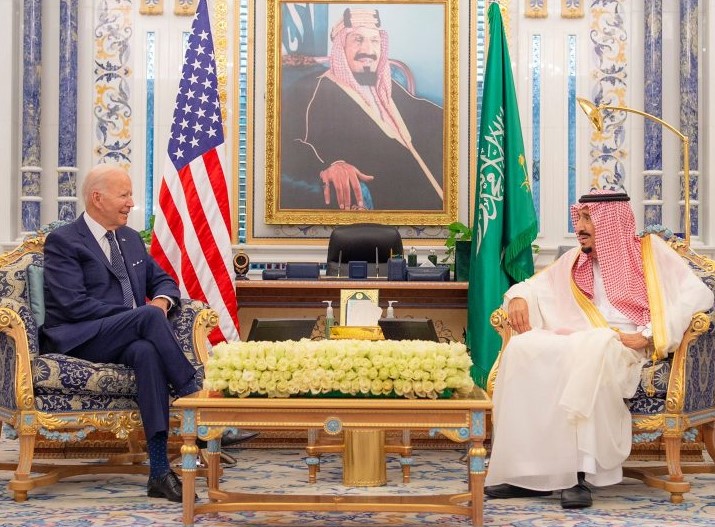

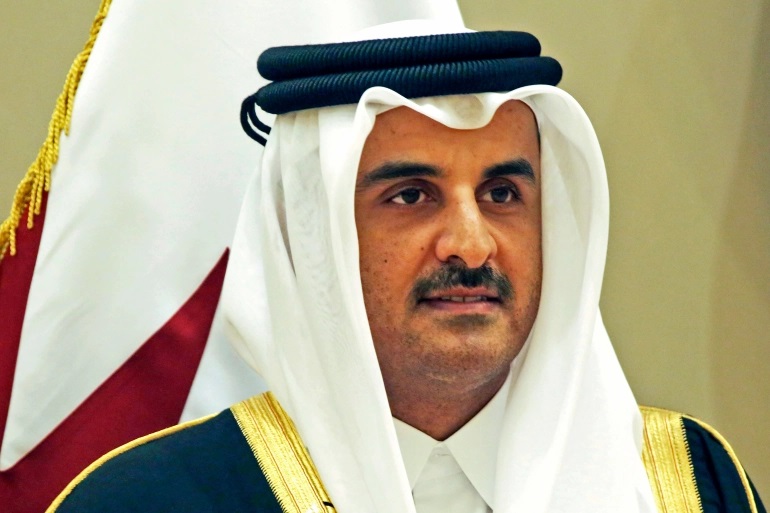
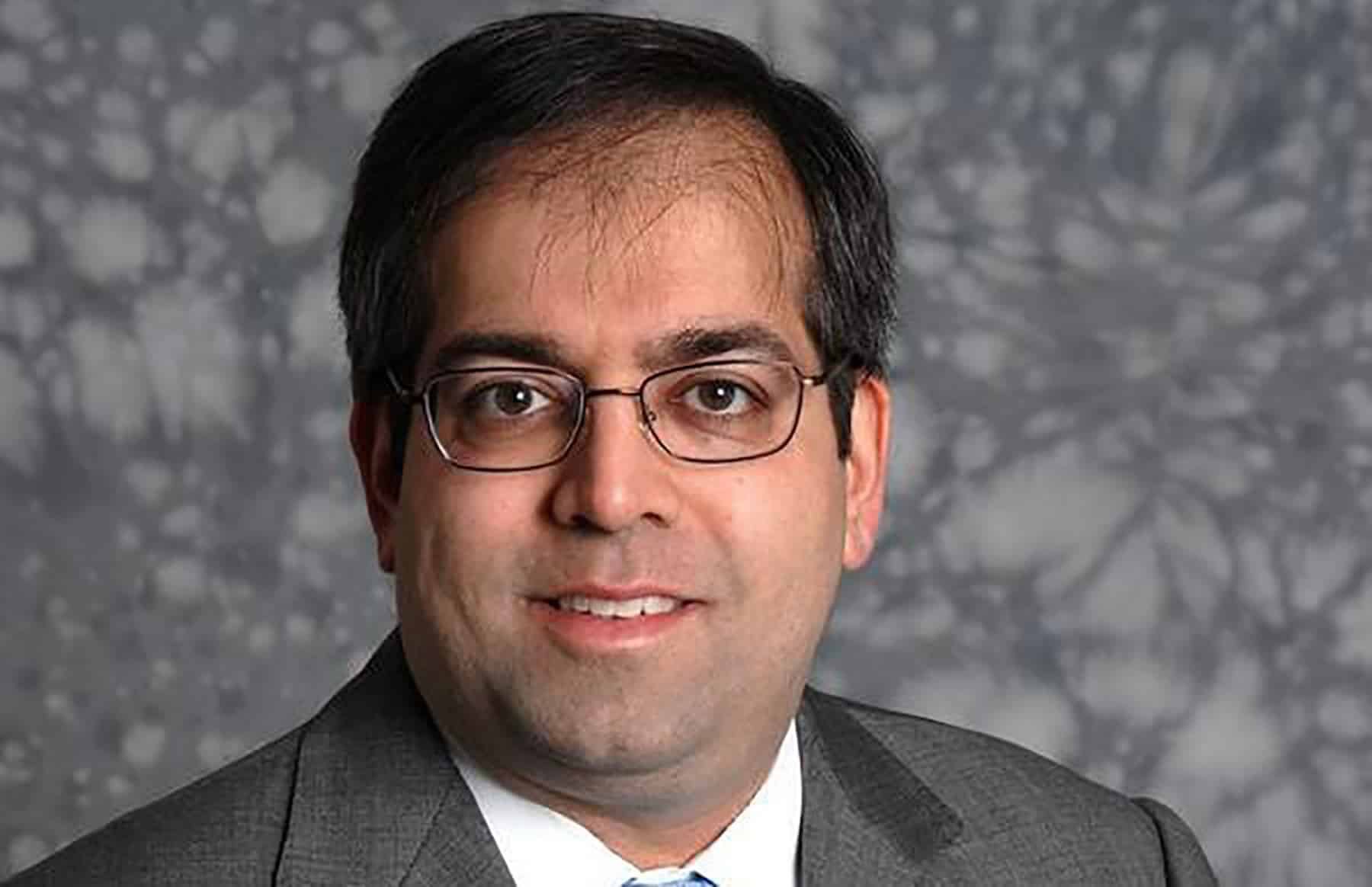
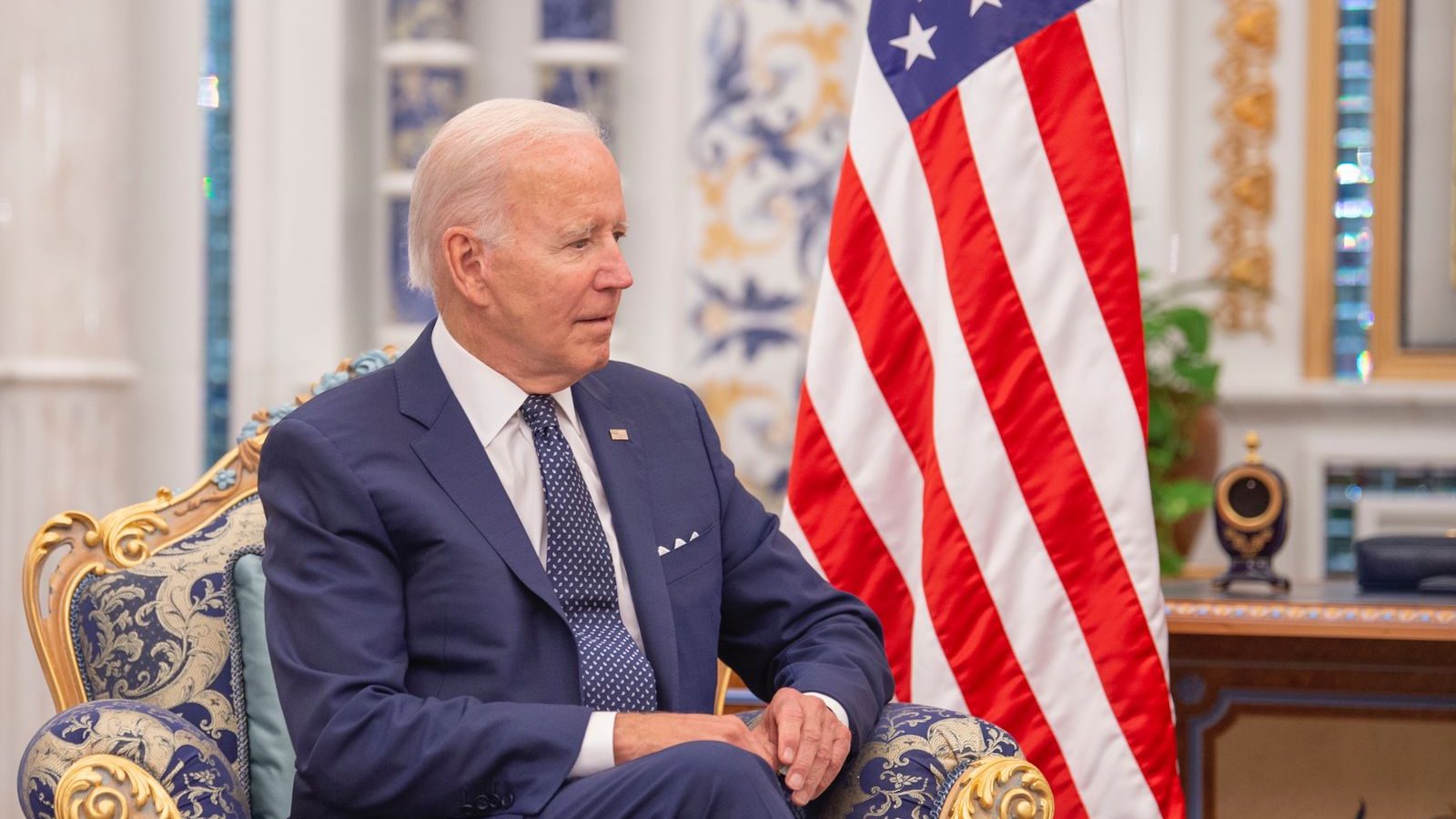

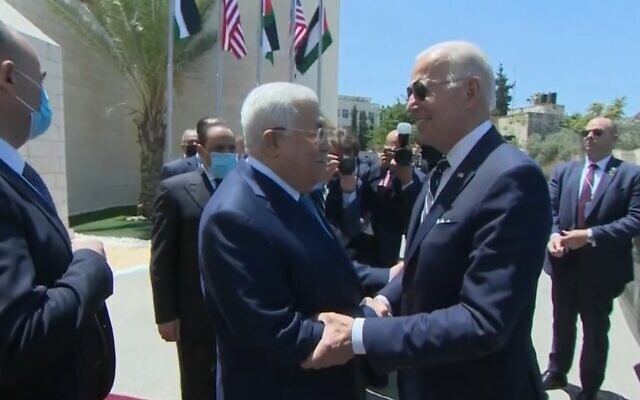
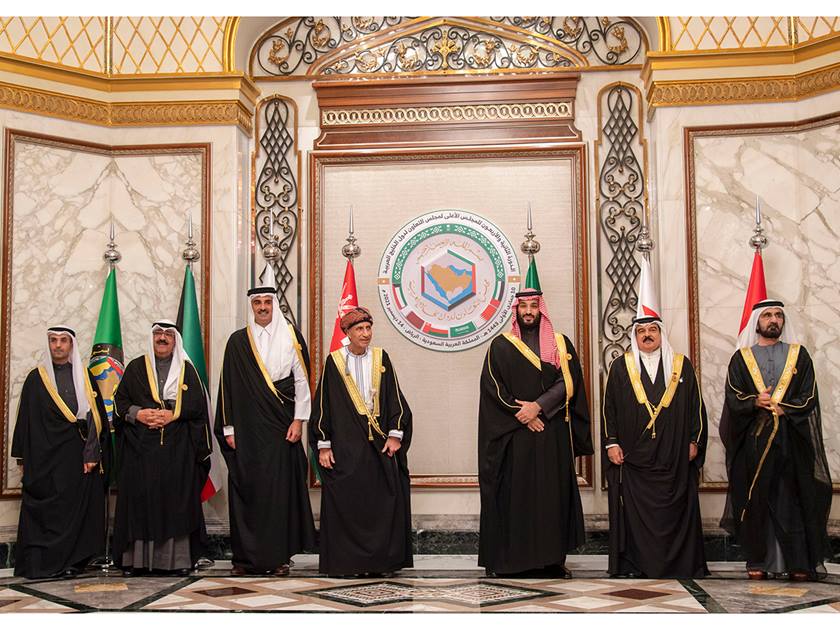




Leave a Reply